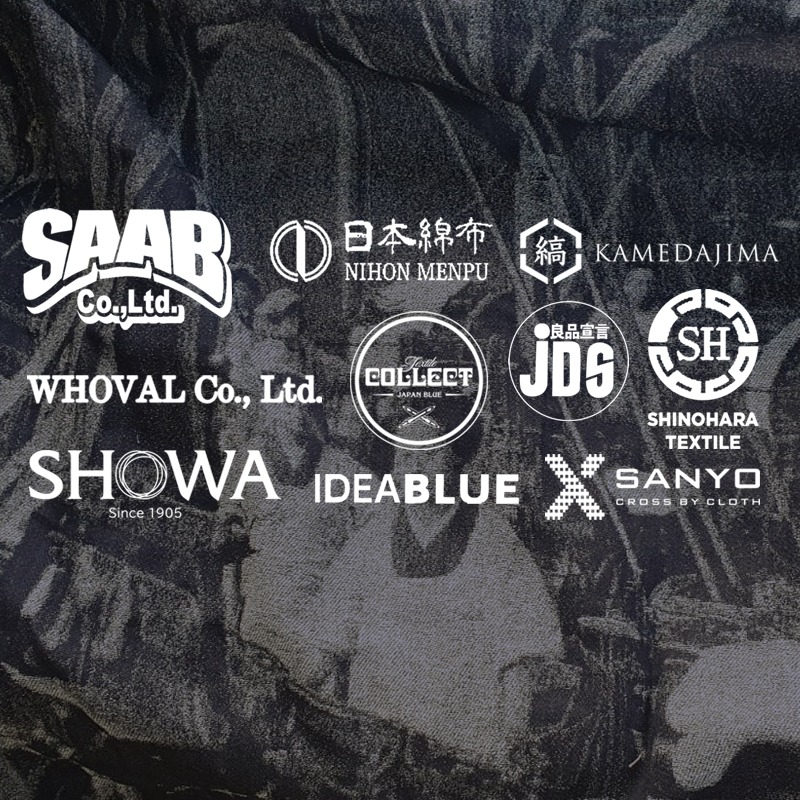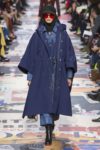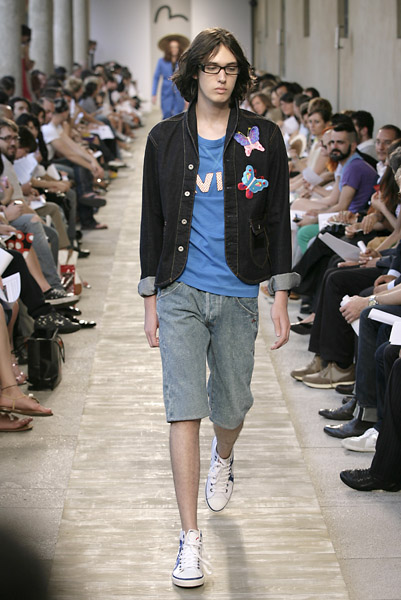In our maiden edition of Denimsandjeans, we are very pleased to have a number of acclaimed Japanese denim companies joining us and becoming a part of the show . Each of these companies brings an exclusive set of traditional and modern Japanese products – fabrics, garments, technology and more – which already appeal to a number of major global denim brands. With each of them having worked harder during the covid with new ideation and innovation, discerning international buyers looking for Japanese products would definitely find something they were missing during the covid period. Here is the roster of the companies we are privileged to have at our show on Nov 1-2 , 2022

Saab Group is a jeans sewing and washing company founded in 1987 in the Shonan area of Kanagawa Prefecture, which is famous as one of Japan’s leading beach areas.The group has the sewing factory Saltie and the washing factory SAAB located about 1 hour from Tokyo. The company has been manufacturing denim jeans for over 35 years and has many leading brands as their clients globally whom they serve from Japan and also their overseas ventures and partnerships.
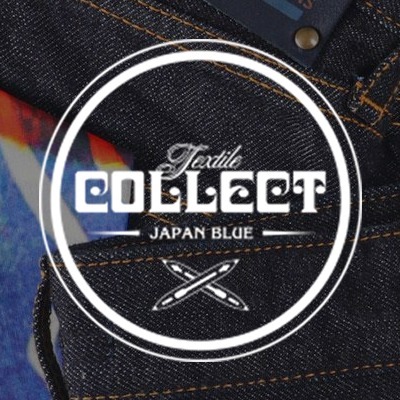
Collect denim mill was founded in 1992 and for 14 years, meticulously weaved denim on antique looms. By 2006 they decided to take that product and apply it to their own designs and founded the first of two in-house denim brands. They called it Momotaro for the mythical boy in the peach, and even gave their jeans a signature pink-line selvedge to do their name-sake justice. In 2010 Japan Blue Jeans was founded, selling similarly high-quality jeans at a lower price point. Collect creates niche denim on selvedge looms and the Japan Blue Group has expanded into retail around the globe with their brand Momotaro and Japan blue.
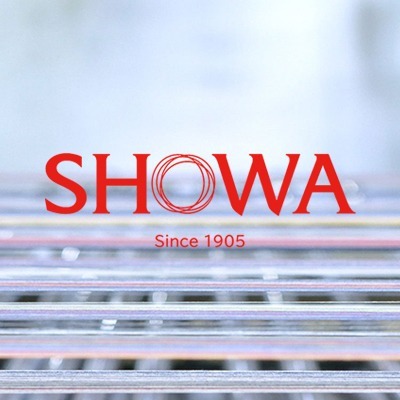
Showa Co., Ltd., founded in 1905, continues to produce and sell original textiles after the era of white cloth machine shops in Kojima. There used to be many machine houses in Kojima, but the number drastically declined.but Showa survived and continued to make great denim . To their credit are a patent for Nylon denim and creation of 100% Cashmere denim. They continue to innovate and grow .
“The Ibara area is blessed with abundant water and a mild climate, so growing raw cotton and indigo has prospered since the days of old. Therefore, textile manufacturing developed and indigo-dyeing thick textile fabric spread throughout the country as specialty products. Starting around 1965, yarn-dyed denim production became active and accounted for 70% of jeans production in Japan. However, due to the weak yen and the influx of low-priced overseas products, the manufacturing area in Ibara shrunk. Traditional techniques are still concentrated in Ibara. Our denim is valued highly by domestic and overseas brands.Nihon Menpu was established in 1917 as a weaving establishment of bitchu kokura textile in Ibara. The Ibara area is blessed with abundant water and a mild climate, so growing raw cotton and indigo has prospered since the days of old. Therefore, textile manufacturing developed and indigo-dyeing thick textile fabric spread throughout the country as specialty products. Starting around 1965, yarn-dyed denim production became active and accounted for 70% of jeans production in Japan. Nihon Menpu entered full-scale denim production around 1985, which was very late. However, they decided to produce original high value added products by using shuttle machines. Nihon Menpu now boasts being among the companies having the highest number of selvedge looms in the world. They produce some super premium denim fabrics even in Jacquards.
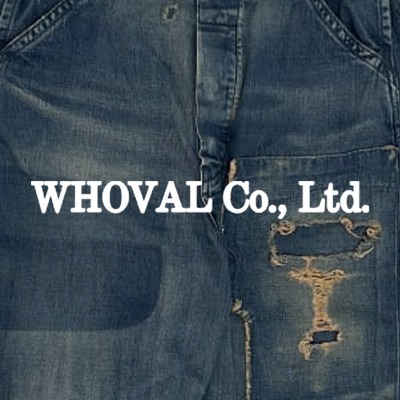
Whoval is a denim manufacturer established in 2007. Having the Kojima roots, the company created the unique washing plant to produce great washed Japanese denim for domestic and a number of international buyers. Having their own brands Blue Sakura , T-ASAAC and Whoval , the company is a great mix of tradition and modernity.
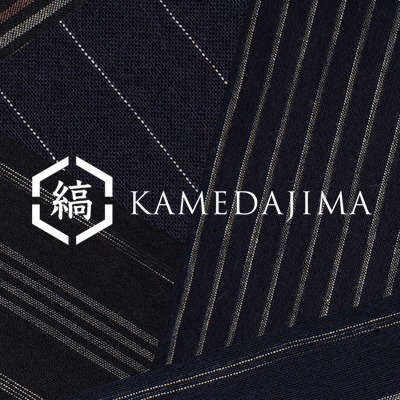
Kamedajima is a traditional daily-use fabric created in 1696 during the Edo period, and played an indispensable role in the everyday lives of the people of Kameda, Niigata. During the Edo (best Japanese period) period, striped fabrics were incredibly popular, as can be witnessed in many of the era’s famous ukiyo-e woodblock prints.The golden age of Kamedajima lasted from the late Meiji period through the Taisho period (1905 – 1926). During this time, the cottage industry shifted toward manual labor factories, and Kameda became a manufacturing region home to over 600 textile manufacturers (including home producers) for a total of 660 producers engaged in weaving, dye work, and other related processes. Organizations for quality improvement and standardization were established, products were sold in Hokkaido and Tohoku, and kamedajima evolved into an industry that supported the modernization of the town of Kameda.
In 2002, when almost all memory of Kameda as a town of textiles had faded, a kamedajima swatch book was discovered in the collections of the Kameda History Museum, and the last two textile manufacturers remaining in the region began working to revive kamedajima.This nearly obsessive amount of research and testing finally led to the 2005 revival of kamedajima—a fabric marked by traditional simplicity and warmth, as well as the durability and flexibility necessary to stand the test of use and time.
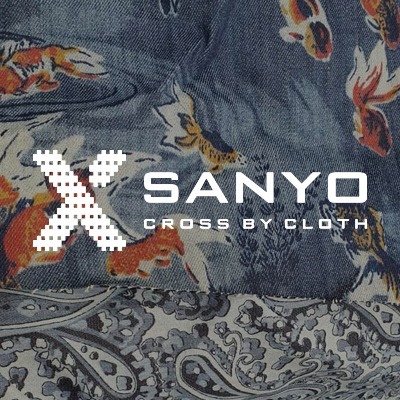
Sanyo Senko Co., Ltd. has continued to pursue innovation in a tradition that has continued since the Taisho era, seeking technology and systems that offer higher quality products. Taking advantage of our unique qualities, which include indigo dyeing technology, as well as our production capacity; one of Japan’s largest in the industry, and a production system that guarantees delivery in as little as a week, we have earned international recognition in our quality management and environmental measures with the Intertek Achievement Award.
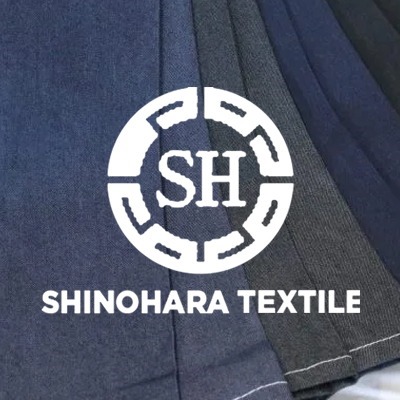
“In our over one-hundred-year journey from kasuri textiles to denim, Shinohara textiles’s mission has always been to manufacture high-quality materials. They are n, but we offer excellent products: many kinds of specialized Tencel denim, as well as small lots of other denim materials to order. We always are coming up with products that are ahead of their time, and this has become one of our major strengths.Using both modern electronically-controlled looms and old machine-type shuttle looms, we weave various kinds of denim. We’re proud of providing underlying support for glamorous fashions by engaging in the low-profile work of creating high-quality materials while working closely with the loom and threads.” – team Shinohara .
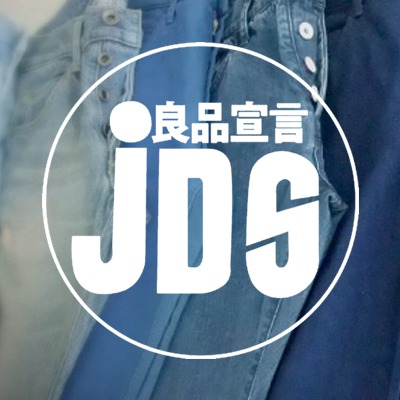
JDS is a manufacturer of high end jeans from Japan catering to some of the most well known global luxury retailers. Dedicated to innovation, the company created the Hip-up jeans pattern in 2004 and patented it . Hip-up jeans was designed to enable women’s hip look more beautiful .

Ideablue is a textile sourcing and trading company working with many Japanese and international mills and producers to bring Japan close to the rest of the world. Their product profile includes denims. Novelty Cottons. Novelty Synthetics. Fancy Knits & Wovens etc.
To meet these companies and 40 other globally reputed companies , please register below and arrange your invite. The full exhibitor list can be viewed here . For further information on our show, please email at mktg3@denimsandjeans.com



